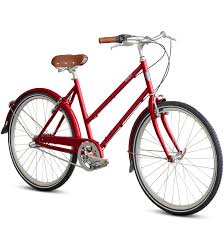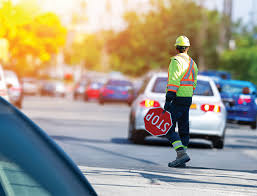Stamp: Light your bike! (Hungary 1973)
Light your bike! (Hungary 1973)
18 August (Hungary ) within release Traffic Education (1973) goes into circulation Stamp Light your bike! face value 1 Hungarian forint
| Stamp Light your bike! in catalogues | |
|---|---|
| Michel: | Mi: HU 2896B |
| Philatelia Hungarica Catalog: | PHu: HU 2911V |
Stamp is horizontal format.
Also in the issue Traffic Education (1973):
- Stamp - Let's be friends! face value 40;
- Stamp - Light your bike! face value 1;
- Stamp - Not even one drink! face value 60;
Stamp Light your bike! it reflects the thematic directions:
A bicycle, also called a pedal cycle, bike, push-bike or cycle, is a human-powered or motor-assisted, pedal-driven, single-track vehicle, with two wheels attached to a frame, one behind the other. A bicycle rider is called a cyclist, or bicyclist.
A car is a wheeled, self-powered motor vehicle used for transportation and a product of the automotive industry. Most definitions of the term specify that cars are designed to run primarily on roads, to have seating for one to eight people, to typically have four wheels with tyres, and to be constructed principally for the transport of people rather than goods. The year 1886 is regarded as the birth year of the modern car. In that year, German inventor Karl Benz built the Benz Patent-Motorwagen. Cars did not become widely available until the early 20th century. One of the first cars that was accessible to the masses was the 1908 Model T, an American car manufactured by the Ford Motor Company. Cars were rapidly adopted in the United States of America, where they replaced animal-drawn carriages and carts, but took much longer to be accepted in Western Europe and other parts of the world.
Road traffic safety refers to the methods and measures used to prevent road users from being killed or seriously injured. Typical road users include pedestrians, cyclists, motorists, vehicle passengers, and passengers of on-road public transport (mainly buses and trams).
Transport or transportation is the movement of people, animals and goods from one location to another. Modes of transport include air, rail, road, water, cable, pipeline and space. The field can be divided into infrastructure, vehicles and operations. Transport is important because it enables trade between people, which is essential for the development of civilizations.



